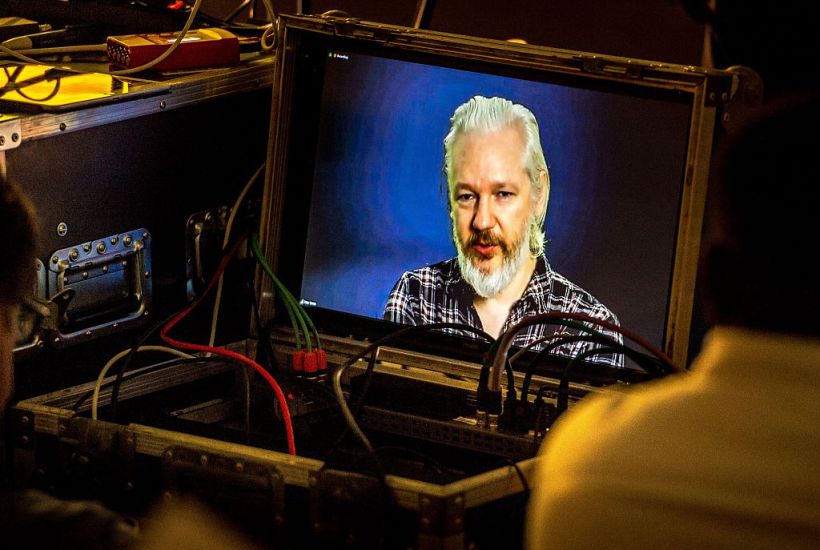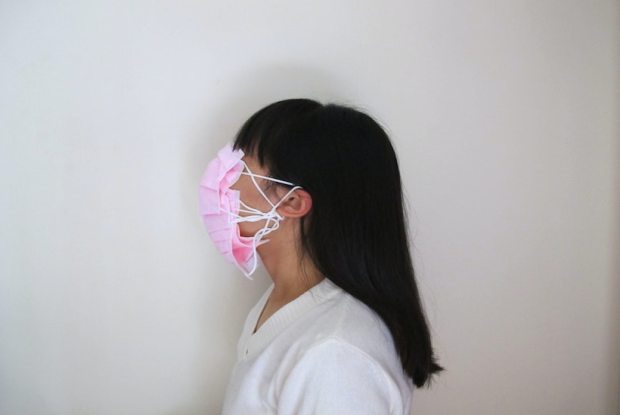I’m neither an IT expert nor an intelligence insider (12 years ago when I was publishing the “Good News from Iraq” series, some kind souls suggested I was on the CIA’s payroll; if so, I’m still waiting for the cheque), so I don’t know if the latest treasure trove of secrets published by Wikileaks is real or not. Maybe Julian Assange is doing God’s work, maybe he’s doing Putin’s work, maybe both, maybe neither; I certainly know commentators I respect on all sides of this issue. The timing of the most recent dump is certainly interesting and suggestive, though, indirectly supporting, as it does, Trump’s narrative about the out-of-control “deep state” trying to get him.
So maybe the CIA’s Engineering Development Group can hack most of your electronic devices, turn your Samsung TV into a spying device, or get close to hacking cars to cause crashes that look like ordinary accidents. Or maybe not quite, or not quite yet. But if you think that such thing as privacy still exists in our brave new networked world you are seriously kidding yourself.
In fact, it is safe to assume that everything you do involving the internet or any device containing a computer chip can be currently hacked by either government agencies or organised criminal elements (in some cases I’m repeating myself), or at best will be vulnerable in a very near future. Certainly, any piece of information, in any form, that you entrust to digital storage or transmission is either already being shared with someone else, or can be accessed should any third parties decide they need it.
The seemingly so old piece of advice regarding email or social networks, “don’t do or write anything that you wouldn’t want to see on the front page of [insert your relevant daily newspaper]” by now clearly transcends the standard off-colour jokes, drunken photos or nude selfies and applies to any information you produce and/or communicate. I certainly assume that everything I type or say might have a much larger audience than intended (hello government/s; you know I love you, don’t you?).
This is a terrible state of affairs, but it’s the reality. And listen, sometimes all this power can be used for good if, for example, it stops a terrorist attack or North Korea from dragging us all into the world war three; but it can also be used for a whole host of other, far less desirable, purposes.
What’s worse, it’s difficult to see the situation not getting worse. Like the millennia-old see-sawing competition between a sword and a shield, the struggle between the forces of access and control on one the hand and on the other those of security and privacy will never end with a convincing victory for the latter. This is why I am very uncomfortable with the whole concept of “the internet of things”.
If you thought that people hacking into your email is bad enough, just imagine the same people hacking into your intelligent house and making it kill you, or at least disrupt your life. The more complex a system the more vulnerable it is and the more catastrophic the consequences of any failure.
In that sense, the latest Wikileak is neither a shock nor a surprise; it doesn’t tell us anything that we already didn’t know or at least strongly suspect. It’s merely another reminder that as governments get bigger so does their reach. So congratulations dear Left, when you want the government to be everyone’s big daddy don’t be surprised if it will also be everyone’s big brother.
Arthur Chrenkoff blogs at The Daily Chrenk where this piece also appears.
Got something to add? Join the discussion and comment below.
Got something to add? Join the discussion and comment below.
Get 10 issues for just $10
Subscribe to The Spectator Australia today for the next 10 magazine issues, plus full online access, for just $10.


























Comments
Don't miss out
Join the conversation with other Spectator Australia readers. Subscribe to leave a comment.
SUBSCRIBEAlready a subscriber? Log in